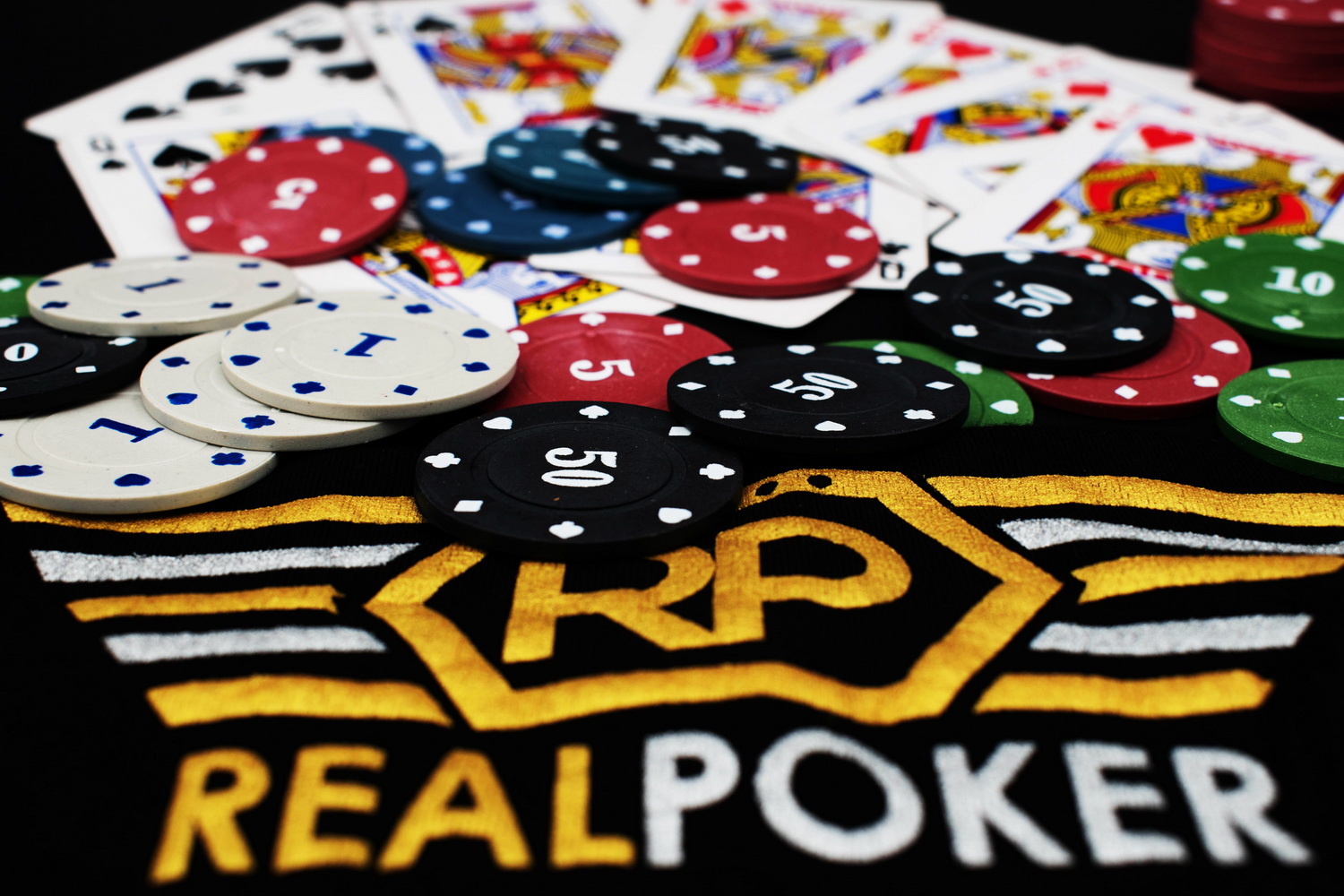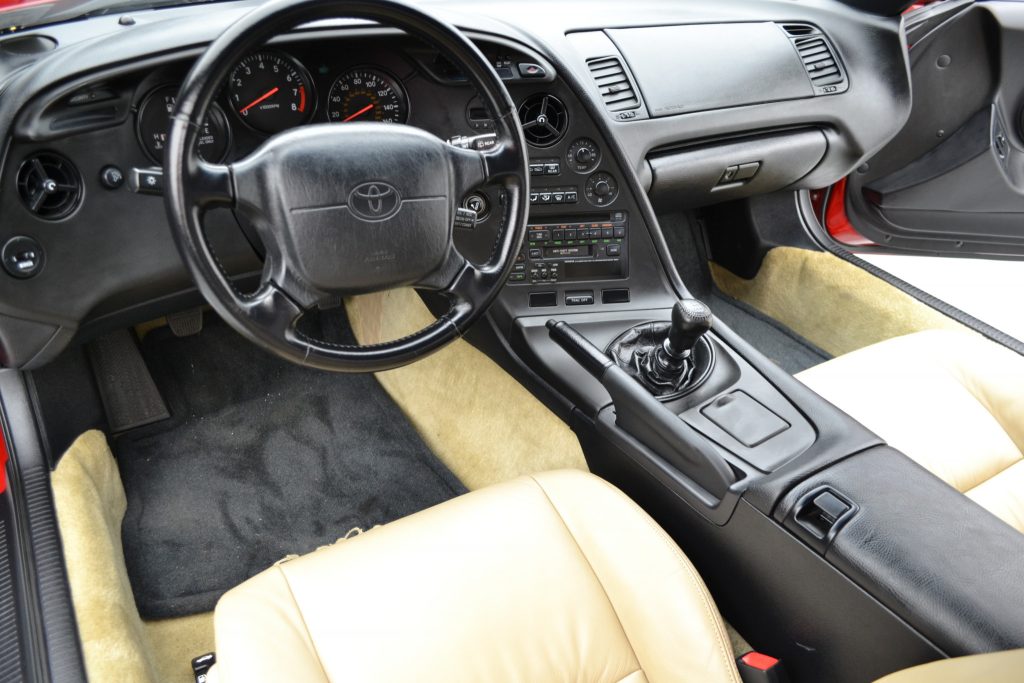How Much Poker Dealer Make
Poker dealers have a unique income structure; most of them get paid low hourly rates, and the majority of what they make comes from tips. The median hourly rate for a dealer is only $8.87, but they make an average of $33,200. Banking Options Play Slotomania. That might not strike you as surprising, but there is a minimum age for gambling at all casinos. Salary estimates are based on 131 salaries submitted how much do casino dealers make in ontario anonymously to Glassdoor by Poker Dealer. The average poker dealer salary in Birmingham, Alabama is $27,038 or an equivalent hourly rate of $13. This is 8% lower (-$2,463) than the average poker dealer salary in the United States. In addition, they. Now we’ll consider another fact about dealing poker, the fact that poker dealers are expected to deal an average of 30 hands per hour minimum. So, assuming an average of $1 tip per hand, 30 hands per.
Why would you want to become a poker dealer?
There are a few reasons that poker players, in general, decide to become poker dealers. One of those reasons, the most obvious reason, is that dealing poker is very profitable – much more profitable than most people realise.

Think of it like this, it’s pretty much good practice to toss the dealer a buck every time you win a hand right? Not everyone does it, but most of us do, some toss more especially the travellers and other people that don’t play the game on a regular basis.
How much do poker dealers earn?

For right now, let’s go with that, an average of $1 per hand in tips. We won’t even take into consideration tourists and other big tipping games. Now we’ll consider another fact about dealing poker, the fact that poker dealers are expected to deal an average of 30 hands per hour minimum.
So, assuming an average of $1 tip per hand, 30 hands per hour means poker dealers are making about $30 an hour in tips plus very small paychecks they are taking from the casino.
In Oregon, for instance, at Chinook Winds Casino poker dealers are paid $8.80-$9.48 plus tips. Comparatively, Table Mountain Casino in California pays new dealers $8 plus tips. Dealers in Oregon must pass an audition at the casino as well as undergo an extensive background investigation, pass a drug test and receive a licence from the Gambling Commission.
There are lots of openings for tournament dealers; however, cash game dealer positions are actually pretty hard to come by.
How do I become a certified poker dealer?
The most common way to become a certified poker dealer is to take a class on dealing poker. The length of poker dealing classes varies from as little as two weeks to as many eight weeks. The price of the classes varies almost as much as the length required in them.
The ease of finding a class and being able to afford that class largely depends on where you’re located. For instance, in Oregon at Chinook Winds Casino, classes are offered free during the slower months in effort to gear up for busier summer events.
Classes at Chinook Winds Casino are usually a couple of weeks long with as much follow up as is required for a new dealer to pass an audition. Caesars in Las Vegas also offers free poker dealer classes when they’re gearing up for the World Series of Poker season. These classes are three weeks long, are followed up by auditions, background checks and licensing by the Nevada Gaming Commission.
The average price to learn any new casino game seems to range from these free classes, that aren’t offered regularly, on up to about $1500 with a guaranteed job placement after you’ve graduated at the larger more expensive schools. It’s been said that the best dealer schools teach new dealers how to deal multiple games including Chinese Poker.
If you are curious what sort of things you might learn at a professional Holdem Poker dealer school check out videos on YouTube for learning to deal casino poker.
Dealing these major tournament events offers these new dealers a venue in which they can hone their skills, become ready to pass stricter auditions working in places such as Atlantic City, Las Vegas or aboard poker cruise ships.
Obtaining your State Dealers Licence
Once you’ve gotten the necessary training, and a position at a casino, you’ll need to become licenced by the state where you’re to be employed. This process generally involves proving your citizenship via the same documents employee’s use to prove their right to work legally within the United States and passing a criminal background investigation.
The background investigation usually requires that the applicant submit to fingerprinting and submit a photograph of themselves with their application. Applications then need to be renewed every 3-5 years.
Breaking into the Industry
If you’re looking to become a licenced dealer, at an actual casino, you’ll need experience dealing professionally. It’s the same catch 22 the world has dealt with when looking for employment for decades, you have to have experience to get it.
The best way to break into the field without actual live game dealing experience is during large tournament events. When casinos hold monthly, quarterly or annual large events they tend to be very short-staffed so this is a great time for a trained, yet under experienced dealer, to pick up some extra dealing time and grab some experience to put on the their C.V.
The biggest tip you can take advantage of is to learn every game you can whenever you get the chance. Whether it’s poker, or another casino game, the more games you can list on your job applications the more appealing you will be to the casinos you send your C.V. to.
Remember, as you hear about free classes like the one’s held occasionally at casinos like Caesars, that 100’s of dealers before you have paid a lot of money for these classes to get their position within the casino. You may have to pay for other classes in the future so, snap up these free opportunities whenever and wherever possible!
If you are interested to get the best rakeback deals and private promotions on poker sites head on to PokerPro website (PS: there are plenty of options to choose from also for the USA players).
Poker dealers make a lot of difference when playing; they inject positivity whenever you hit the felt. If you don’t believe that, try playing with your friends, have one of you play as the dealer, and then see the difference. They play an essential role, so poker dealers are probably making a lot of money, right?
Poker dealers have a unique income structure; most of them get paid low hourly rates, and the majority of what they make comes from tips. The median hourly rate for a dealer is only $8.87, but they make an average of $33,200 from tips. That’s why they’re still taking home a decent amount.

Let’s discuss the different compensations that poker dealers get from a casino in great detail. We’ll also help you understand why it’s important that you tip dealers if the casino allows them to accept tips.
Different Compensations That Casinos Use
Different casinos use different compensation structures for their dealers, and all of them aim to improve a player’s gaming experience. Whenever you hit the felt, the only positive interaction that you can have is with the dealer. Of course, an exemption would be if you’re playing with someone you already know, but it doesn’t always happen.
Casinos don’t take chances. They want to provide you with a positive gaming experience through one of their employees, and the best way to do that is through a poker dealer. So, what do you think is the way to inject positivity in every table? Of course, through a well-compensated poker dealer that makes an average of $85,000 annually!
If you’re wondering how they can make that amount per year, just by dealing cards, you’re in for a treat! The compensations for poker dealers aren’t as simple as you think, but most of these structures rely on the tips that they receive from players. Without it, a poker dealer will only make anywhere from $38,000 to $46,000 per year!
Compensation Through High Hourly Rate Without Tips
Although uncommon, some casinos don’t allow their dealers to accept tips, which may sound weird. At least half of what poker dealers make comes from the tips that they receive from players, and without it, they’re only getting a minimal hourly rate, right?
It’s true to some extent, but remember, casinos want to inject positivity at every table to keep their players entertained. Statistically speaking, the longer they keep a player at any game, the more money they make. But instead of relying on tips, some casinos compensate poker dealers with hourly rates as high as$22.84 per hour or $72,000 per year!
How Much Does A Poker Dealer Make In Vegas
That’s a huge difference if you compare with the median salary, but there’s a caveat to it; they’re not allowed to accept tips from players. It’s an excellent compensation structure for poker dealers who want a guaranteed amount every night, as opposed to someone who relies heavily on tips or luck—much like they’re also playing every night.
Standard Hourly Rate With Universal Tip Pool
The most generous casinos offer normal hourly rates for their dealers and still allow them to accept players’ tips. This compensation structure is, perhaps, the most sought after by poker dealers because even on a bad night, they’re still going home with a decent income as opposed to having most of their income based on tips.
They don’t make as much as the poker dealers that receive a higher hourly rate, and they split the tip pool between every employee of the casino. However, it still hits the perfect balance for a lot of poker dealers in terms of compensation.
This compensation structure eliminates the competition between poker dealers who prefer to host mid-stakes tables where most of the tips are. The reason for that is because being at the high-stakes means they’re getting higher tips, but don’t get a lot of players. On the other hand, low-stakes may get a lot of players, but the tips barely make a difference with their earnings.

Reduced Hourly Rate With Specialized Tip Pool
The most common compensation structure for poker dealers is the reduced hourly rate and tip pooling among the dealers of the same game. It means that the tips that every poker dealer receives are only for themselves. They make less per hour, but make a lot more in tips because they don’t have to share it with other low-tipped games.
It doesn’t only create positivity in every table but also keeps every dealer well-compensated. Often, this structure is where poker dealers make the most money. However, since they split the tips that they receive with other dealers, it could, sometimes, create a conflict between employees or, in other cases, a conflict between the employees and the casino itself.
With proper execution and implementation, this structure can promote teamwork between employees, and provide a player with a positive experience regardless of the table he’s playing. It’s because the income that everyone makes will depend on how well they’re working as a dealer.
Reduced Hourly Rate With Keep Your Own Tips Policy
This compensation structure is the one that creates the most significant gap in the amount that poker dealers make. With this, a reduced hourly rate only serves as an allowance for the dealer. A professional who knows what he should be doing at the felt to keep the players entertained will make significantly more than newer dealers.
KYO or Keep Your Own tips policy favors a more experienced poker dealer. It’s normal for a casino that uses this structure to have a dealer that makes $100,000 per year and another who only makes $46,000 per year. This huge gap is because of the tips that they are receiving from their players and the table where they were assigned.
You can think of this structure as performance-based, but there’s also one disadvantage: almost every dealer will prefer to be at the mid-stakes tables. Since they only get reduced hourly rates, dealers would have to rely on the tips they receive, and most of it will come from the mid-stakes—high-stakes have very few players, and low-stakes have small tips.
Tipping Isn’t Mandatory But Expected
Now that you know how much poker dealers make and how they make it, let’s talk about the only factor that affects it—your tips. When a casino allows its dealers to accept tips from players, it’s safe to assume that they’re income is just a smidge above the poverty line. So, if you’re getting great service and treatment from them, it’s a sign of courtesy to tip your dealer.
Sure, tipping isn’t mandatory but is encouraged, especially if you’re on a roll. You don’t have to tip the dealer for every pot that you win—that’d be outrageous. Instead, whenever you hit the felt, be prepared to hand over at least 10-20% of the buy-in amount. After all, if you’ve reached a certain point where you feel like giving a tip, it’s most likely that 20% of the buy-in amount is already peanuts compared to what you’ve earned.
How Much Does A Poker Dealer Make In Las Vegas
Conclusion
Being a poker dealer is a rewarding career, but if the casino allows a poker dealer to accept tips, they’re income also depends on luck. They don’t make a lot of money from their salary, and sometimes, it’s just a few hundred dollars above the poverty line. The majority of what they make comes from the tips that they get from their players.

If you’re playing poker, and your dealer gives you a positive vibe, tip him. It’s not required, but they’re expecting it from you. After all, he may be one of the reasons you’re on a roll—dealers bring a lot of luck on the table too!
How Much Poker Dealer Make
Related Articles
How Much Does A Poker Dealer Make In Florida
- Do poker dealers keep their tips?